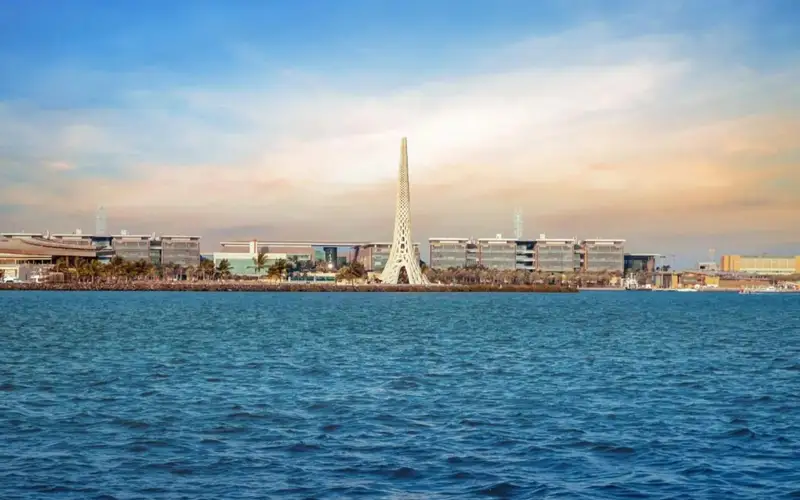Saudi Arabia reduces salary premiums for foreign specialists
Saudi companies are scaling back the large compensation premiums that previously attracted foreign professionals, as hiring practices shift in line with changing economic priorities, Qazinform News Agency correspondent reports.

Saudi Arabia is advancing through its Vision 2030 development program, which aims to diversify the economy, strengthen the private sector, and expand industries including tourism, real estate, mining, financial services, and advanced technology. Large investments in multibillion-dollar projects in recent years sharply increased demand for skilled foreign workers, but delays and rising cost pressures have prompted a re-evaluation of spending.
Recruitment specialists observe that salary packages, once significantly higher than those in neighboring markets, have become more restrained. Offers that previously included premiums of 40 percent or more are now far less common, reflecting a more conservative approach by employers.
The shift is also linked to adjustments in the kingdom's investment strategy by its sovereign wealth fund, which has been reassessing returns from major infrastructure and real estate ventures. Greater emphasis is now placed on fields such as artificial intelligence, logistics, and mining, which are viewed as offering stronger long-term potential.
Foreign professionals had been heavily recruited for flagship projects, often drawing candidates from the United Arab Emirates, where similar roles typically paid less. The compensation gap between the two countries has since narrowed, reducing the incentive for specialists already based in the UAE to relocate.
Slower progress on large developments has also resulted in fewer project awards. Industry data indicates that activity in the first nine months of 2025 was considerably weaker than a year earlier. Lower oil prices have added to fiscal constraints, even as Saudi Arabia continues production cuts intended to support the global crude market.
Hiring firms note that employers are now more selective and are directing limited budgets toward the most sought-after skill sets, particularly in digital and AI-related fields. The UAE remains highly attractive for many expatriates, offering tax-free earnings and a well-established infrastructure for international schools and healthcare.
Despite these trends, Saudi Arabia continues to appeal to professionals from outside the region, where job prospects may be more limited. Ongoing labor market reforms have also increased the number of Saudi nationals working in private companies, contributing to stronger competition for available positions. The number of citizens in the private sector has risen by more than 30 percent since 2016, while unemployment among Saudi nationals has reached record lows.
Employment analysts say compensation practices in the kingdom are becoming more data-driven and structured, aligned more closely with market benchmarks. They add that companies seeking to attract top talent now need to offer predictable packages that take living costs into account and clearly communicate the purpose and long-term direction of current national projects.
Earlier this month, Qazinform News Agency reported that Kazakhstan and Saudi Arabia renewed commitments to deepen cooperation in the field of human resources. Following the meeting, both sides expressed readiness to expand labour market ties and sign a formal agreement.
